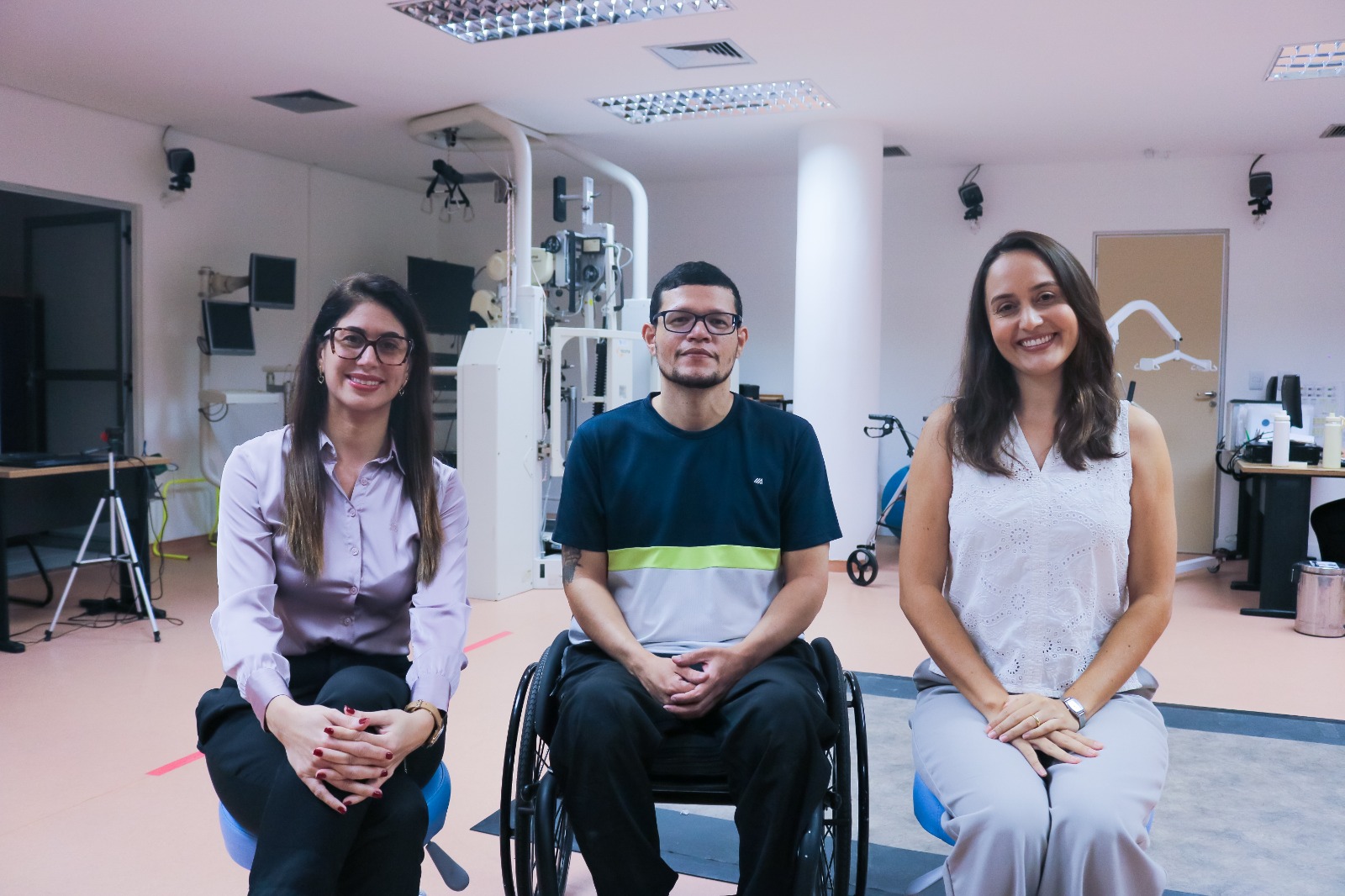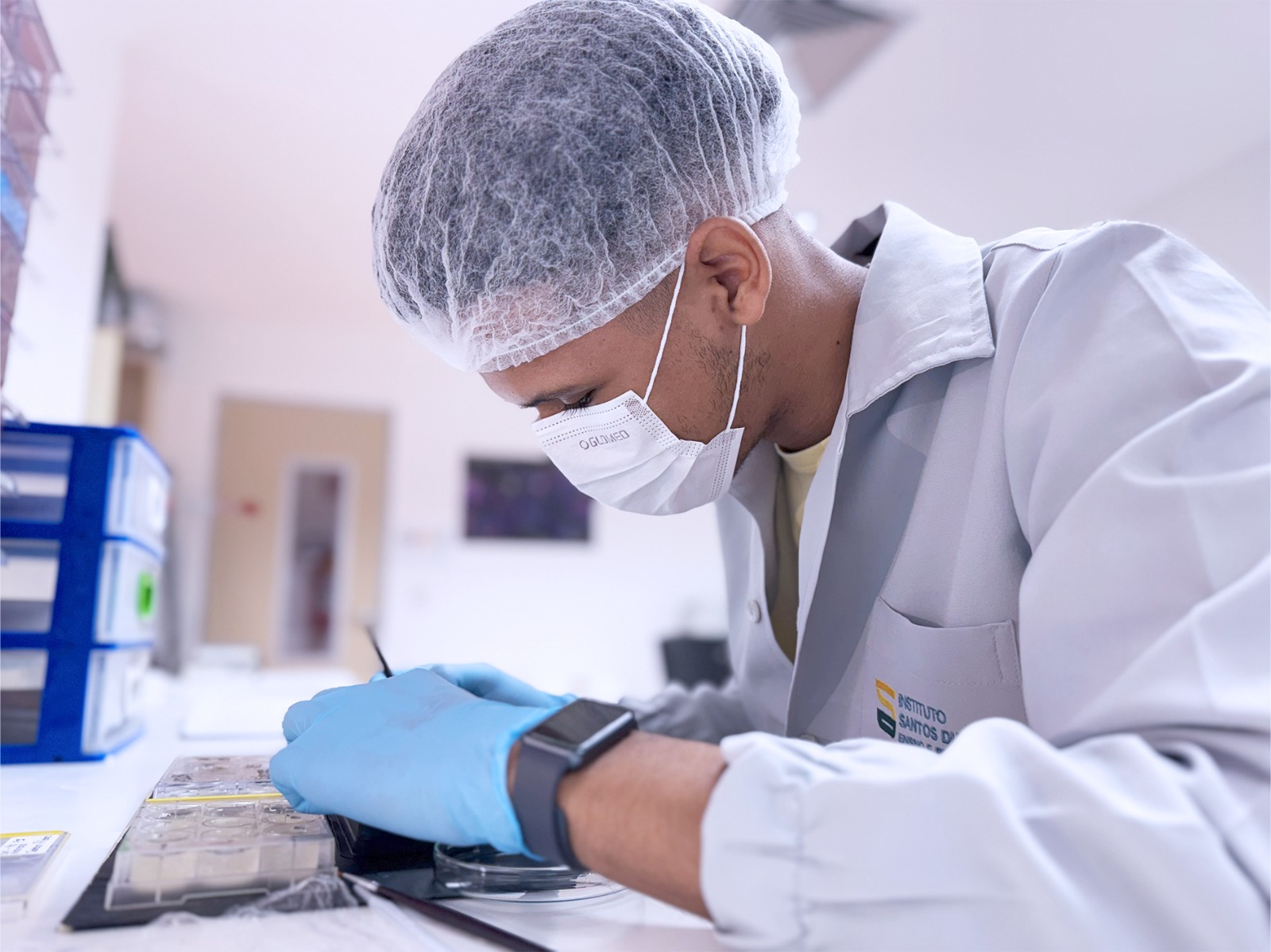Since 2017, the Anita Garibaldi Health Education and Research Center (Anita), from the Santos Dumont Institute (ISD), has offered the only Multiprofessional Residency program in Health Care for Persons with Disabilities in Brazil. Below, check out the answers to the most frequently asked questions about the program.
Physiotherapy, Speech Therapy, Psychology and Social Work. The ISD has authorization from the MEC to expand vacancies for Occupational Therapy, Pharmacy and Nursing, but is waiting for a public notice to apply for scholarships.
The updated value, according to Interministerial Ordinance No. 9, of October 13, 2021, is R$4,106.09. Scholarships are funded by the Ministry of Health.
Most of the RESPCD workload takes place at the units of the Santos Dumont Institute, the Anita Garibaldi Health Education and Research Center (Anita) and the Edmond and Lily Safra International Institute of Neurosciences (IIN-ELS). RESPCD residents also do internships at other institutions. For example, the Primary Care stage takes place in the Basic Health Units of partner municipalities, currently Macaíba (RN) and Paranamirim (RN). Residents can also intern in optional fields based on established partnerships, which may be local, national or even international institutions.
To reach both units linked to the Santos Dumont Institute, Anita and IIN-ELS, located in the municipality of Macaíba/RN, transport is available that makes the round trip from the capital Natal/RN to Macaíba/RN.
Weekly residents perform theoretical and practical activities that account for 60 hours. Activities take place from Monday to Saturday.
The curricular matrix of the transverse axis of the RESPCD Program shares some subjects in common with the Master's Program in Neuroengineering. These are disciplines that are directly related to the health care of people with disabilities, such as Bioethics and Education for Global Citizenship. This allows the resident to take advantage of the disciplines to complete the credits for the master's degree in a shorter period of time, in cases where residents are approved in the selection process for the master's degree in neuroengineering. In the year 2022, for example, there are 6 RESPCD graduates involved in the master's degree in neuroengineering. In addition, this action makes it possible to strengthen the teaching-research-service-community integration and the training of these professionals, who share ideas for innovative solutions to health problems.
Specialists in health care for people with disabilities can work in any health unit or center that treats people with disabilities at all levels of health care.








